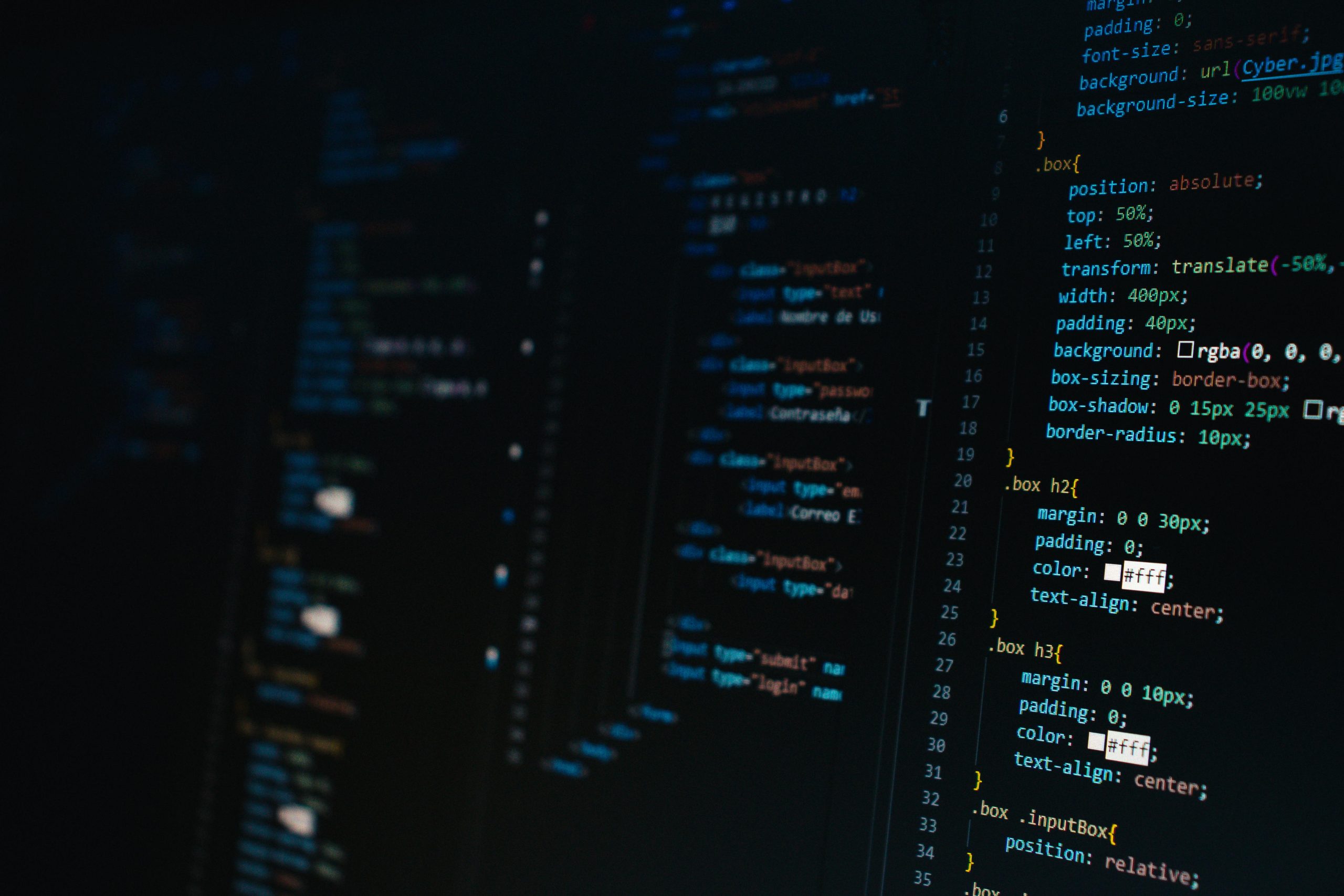In today’s increasingly digital world, protecting personal data has never been more critical. Whether it’s customer information, financial records, or health-related data, sensitive information is constantly at risk of being exposed or stolen. This has led to a rise in the importance of cybersecurity compliance — a set of rules and standards aimed at protecting this data from unauthorized access, breaches, and misuse. Among the most recognized and impactful frameworks are GDPR, HIPAA, and PCI DSS.
For those just starting their journey into the world of cybersecurity, understanding these compliance standards is essential. They not only help safeguard critical data but also ensure that organizations stay legally compliant in a landscape that’s evolving faster than ever before.
This post will guide you through these frameworks, explain their significance, and offer a real-life story that highlights the importance of cybersecurity compliance. Whether you’re a business owner, an IT professional, or someone simply curious about cybersecurity, this article will give you the knowledge and insight needed to navigate the complex world of compliance.
A Real-Life Hacking Story: The 2017 NHS Ransomware Attack
Imagine waking up one morning to discover that one of the UK’s largest healthcare systems, the National Health Service (NHS), was paralyzed by a ransomware attack. This attack, which struck in May 2017, disrupted hospitals, GP surgeries, and clinics, leaving millions of patients without access to medical services.
The WannaCry ransomware quickly spread across computers running unpatched versions of Microsoft Windows. The attack exploited a vulnerability that had been previously discovered by the U.S. National Security Agency (NSA), and despite a patch being available, many NHS computers were not updated. As a result, attackers gained control of over 70,000 devices within the NHS, demanding ransom payments in Bitcoin to unlock encrypted files.
The attack served as a wake-up call for the importance of cybersecurity compliance, especially in industries that handle sensitive information like healthcare. The NHS did not have adequate security measures in place, and many of their systems had not been updated or patched in time. As a result, the NHS suffered operational disruptions, financial losses, and reputational damage.
This breach was a devastating example of how failing to adhere to basic cybersecurity principles, including compliance with regulations like HIPAA and GDPR, can lead to significant harm. It also highlighted the dire consequences of neglecting regular software updates and security patches—simple yet essential steps in preventing cyberattacks.
What is Cybersecurity Compliance?
Cybersecurity compliance refers to the practice of adhering to specific legal, regulatory, and industry standards to ensure the protection of sensitive data. Organizations need to follow these standards to avoid hefty fines, legal consequences, and reputational damage. Compliance frameworks like GDPR, HIPAA, and PCI DSS are designed to protect different types of sensitive information, and non-compliance can result in devastating consequences for businesses and individuals alike.
Understanding GDPR (General Data Protection Regulation)
GDPR is one of the most well-known and far-reaching data protection regulations, particularly in Europe. Enforced in May 2018, GDPR aims to give individuals more control over their personal data while ensuring organizations take greater responsibility for how they collect, store, and process this data.
Key Requirements:
- Consent: Organizations must obtain clear and explicit consent from individuals before processing their data.
- Data Minimization: Collect only the data necessary for a specific purpose.
- Right to Access: Individuals have the right to request a copy of their personal data.
- Breach Notification: Organizations must notify data subjects and authorities within 72 hours of a data breach.
GDPR has global implications, as it affects any company that processes data of European Union (EU) citizens, regardless of where the company is located.
Understanding HIPAA (Health Insurance Portability and Accountability Act)
HIPAA is a U.S. regulation that focuses on the protection of healthcare data. It was established in 1996 to ensure that sensitive patient information remains confidential and is not misused.
Key Requirements:
- Privacy Rule: Establishes national standards for the protection of health information.
- Security Rule: Requires healthcare organizations to implement safeguards to protect patient data.
- Breach Notification Rule: Mandates that healthcare entities notify patients and authorities of any data breach affecting their health records.
HIPAA compliance is a must for healthcare organizations, insurance companies, and any entity that deals with Protected Health Information (PHI).
Understanding PCI DSS (Payment Card Industry Data Security Standard)
PCI DSS is a set of security standards created to protect payment card information. If your organization processes, stores, or transmits credit card information, compliance with PCI DSS is mandatory.
Key Requirements:
- Secure Networks: Maintain firewalls and other measures to protect cardholder data.
- Encryption: Ensure that payment card data is encrypted during storage and transmission.
- Access Control: Restrict access to cardholder data to only authorized personnel.
- Regular Audits: Conduct vulnerability scans and internal assessments to identify and fix security flaws.
PCI DSS is crucial for any business that handles payment card information, including retailers, e-commerce websites, and financial institutions.
Why Cybersecurity Compliance is Crucial
Compliance frameworks like GDPR, HIPAA, and PCI DSS exist to protect people and prevent catastrophic breaches. These standards not only set the bar for security but also serve as guidelines for organizations to manage risks effectively. Here’s why compliance is so important:
- Trust and Reputation: Businesses that comply with industry standards gain the trust of their customers, patients, and partners. When people know their data is safe, they are more likely to do business with you.
- Financial Protection: Failure to comply with cybersecurity regulations can lead to massive fines and penalties. For example, non-compliance with GDPR can result in fines of up to €20 million or 4% of global revenue.
- Risk Mitigation: Compliance helps organizations identify and address vulnerabilities in their systems before hackers can exploit them. By adhering to frameworks like PCI DSS, businesses reduce the risk of data breaches and financial losses.
- Legal Compliance: In some sectors, compliance is not just a best practice — it’s the law. For example, healthcare providers are legally required to comply with HIPAA regulations, while companies handling personal data of EU citizens must comply with GDPR.
A Call to Action for Cybersecurity Enthusiasts
As we’ve seen from the NHS WannaCry attack and the importance of compliance frameworks like GDPR, HIPAA, and PCI DSS, ensuring that sensitive data is secure is not just a good practice—it’s a necessity.
If you’re just starting your journey into cybersecurity, I urge you to dive deep into the world of compliance. Whether you’re aiming to protect customer data, healthcare records, or payment information, understanding and adhering to these frameworks is critical for success in today’s digital age.
Stay vigilant, educate yourself, and implement the necessary security measures to protect not just your organization, but the people who entrust you with their most valuable information.
Cybersecurity compliance isn’t just about checking boxes—it’s about creating a safer world for all of us. Let’s make that world a reality, together.


